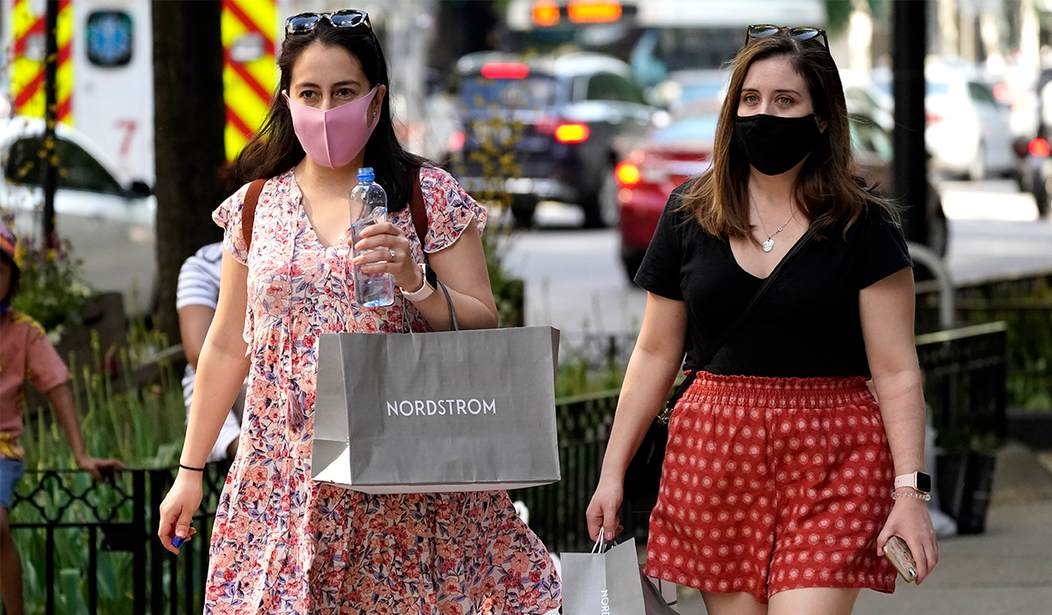The Boston Public Health Commission said this week that the city’s indoor mask mandate will be dropped this Saturday as COVID-19 cases continue to decline in Massachusetts.
The indoor mask mandate will be rescinded for the majority of indoor business, according to Boston Public Health Commission Executive Director Dr. Bisola Ojikutu. The board of health voted unanimously to drop the mask mandate, local outlet WCVB reported.
Masks will still be required on public transit, health care facilities, and congregate care settings. These establishments are subject to state and federal mask orders. In addition, individual indoor businesses may still choose to require masking.
This week, Massachusetts Gov. Charlie Baker, a Republican, said the statewide school mask mandate would expire this week. However, some cities, including Boston, have chosen to continue to mask students in school.
Boston Mayor Michelle Wu issued remarks on Tuesday where she said that many schools are “older buildings and lack updated ventilation systems to the type of air flow that would be ideal” to combat the spread of coronavirus.
“We need to be mindful of the facilities, the physical environment as well as the gaps in vaccinations that still remain for our student populations,” she added.
A U.S. Centers for Disease Control and Prevention assessment released last week categorized Boston in the "Medium Risk" category for COVID-19. This means that the CDC no longer recommends masks be worn indoors.
Recommended
"The most important thing when it comes to the economy of Boston, when you come to our city, when you are living and working in our city, that you are safe, that you are healthy," Mayor Michelle Wu said. "This is a city guided by public health principles first and foremost." Wu signaled the end to “vaccine passports” in remarks shared last month, as Townhall covered.
In the past month, several liberal lawmakers have rescinded mask mandates and proof-of-vaccination mandates, including Washington, D.C., Delaware, New Jersey, and Oregon.
Last month, Katie reported that Democratic focus groups and polling has guided their flip-flop in COVID-19 policies, as “across the board, voters shared frustrations over public health measures, a sense of pessimism about the future and a deep desire to return to some sense of normalcy.”
“Even Democratic voters, they agreed, were wearying of the toughest restrictions, growing increasingly impatient with mandates and feeling ready to live with the risk that remained...While the specific steps vary by state, the message was the same: It’s time to move on,” Katie’s report stated.

























Join the conversation as a VIP Member